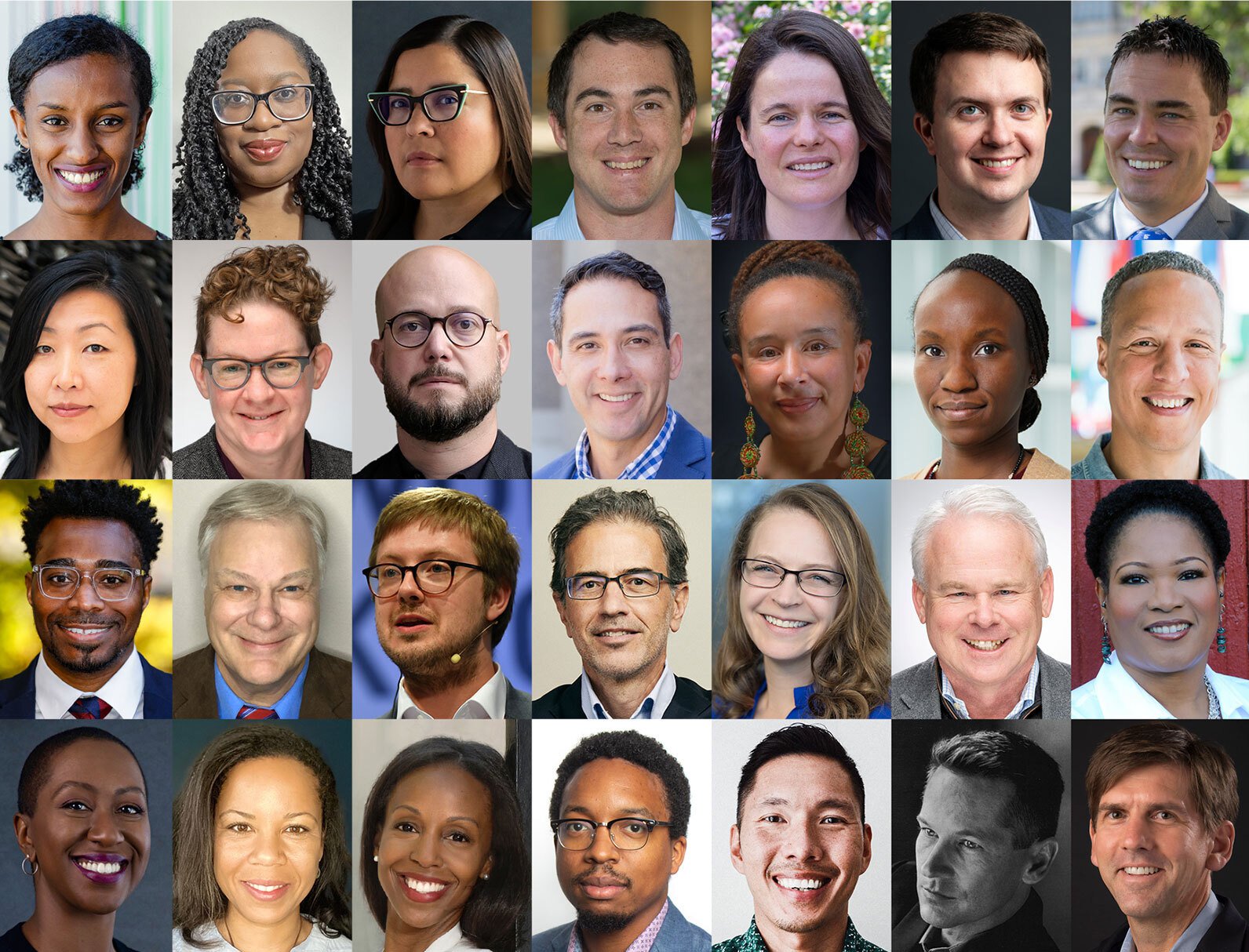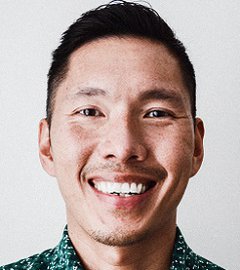
Jonathan Corpus Ong wins prestigious Andrew Carnegie Fellowship.
We believe that this year’s fellows show extraordinary potential for lasting impact.
John J. DeGioia, chair of the Andrew Carnegie Fellows Program jury
A Gates Cambridge Scholar has been named as one of the 2022 Class of Andrew Carnegie Fellows.
Jonathan Corpus Ong, Associate Professor of Global Digital Media at the University of Massachusetts Amherst, is one of 28 exceptional scholars, journalists and authors who will receive $200,000 stipends.
The Andrew Carnegie Fellows Program, founded in 2015, involves a competitive nomination and selection process. It is the most generous stipend of its kind, and to date, the program has named 244 fellows, representing a philanthropic investment of $48.8 million. This year’s research proposals focus on US democracy, the environment, polarization and inequality, technological and cultural evolution and international relations, among other subjects. Selection criteria prioritise the originality and promise of the research, its potential impact on the field, and the scholar’s plans for communicating the findings to a broad audience.
“In recent years, as we have looked to respond to our world’s most complex problems, the Carnegie Fellows have provided important contributions through their exceptional research, pursuit of knowledge, and creative approaches,” said John J. DeGioia, chair of the Andrew Carnegie Fellows Program jury and president of Georgetown University. “Our panel of jurors were gratified and inspired by the calibre of the research proposals. We believe that this year’s fellows show extraordinary potential for lasting impact.”
 Jonathan’s project, “Human Costs of Disinformation,” advances his advocacy for worker justice and wellness by investigating work conditions in the “disinformation interventions industry” and exploring global funding structures as well as the digital harms experienced by pro-democracy frontliners in a global context.
Jonathan’s project, “Human Costs of Disinformation,” advances his advocacy for worker justice and wellness by investigating work conditions in the “disinformation interventions industry” and exploring global funding structures as well as the digital harms experienced by pro-democracy frontliners in a global context.
Jonathan [2007], who is the author of two books and over 25 journal articles in the areas of media ethics, humanitarian communication and digital politics, has a long record of working closely with humanitarian and human rights organisations. His humanitarian research shaped policy debates about humanitarian accountability and localising aid at the World Humanitarian Summit. His disinformation research influenced campaign finance policy in Philippine elections and social media platforms’ content policy about inter-Asian racist speech. He did his PhD in Social and Political Science as a Gates Cambridge Scholar at the University of Cambridge.
The 2022 class of 28 fellows, representing 15 men and 13 women, was selected by a panel of 13 jurors from nearly 300 nominations.
As part of the nomination process, more than 600 individuals — including heads of independent research institutes, societies and think tanks; university presidents; directors of major university presses; and editors of leading newspapers and magazines — were invited to recommend up to two individuals for consideration. All proposals undergo a preliminary, anonymous evaluation by leading authorities in the relevant fields. The top proposals are then forwarded to the jury for a final review and selection.
The Andrew Carnegie Fellows Program is a continuation of the mission of Carnegie Corporation of New York, as founded by Andrew Carnegie in 1911, to promote the advancement and diffusion of knowledge and understanding. The award is for a period of up to two years, and while the anticipated result is generally a book or major study, the Class of 2022 will also result in an art installation, software applications, and digital platforms.
Soros Fellowships
Meanwhile, Anis Barmada is one of 30 people selected last month for Paul & Daisy Soros Fellowships for New Americans, a merit-based graduate school programme for immigrants and children of immigrants.
Chosen from a pool of over 1,800 applicants, the 30 Paul & Daisy Soros Fellows were selected for their potential to make significant contributions to the United States. They will each receive up to $90,000 in funding to support their graduate studies.
At the University of Cambridge, Anis [2020], who grew up in Syria before emigrating to the US, pursued an MPhil in genomic medicine, graduating with distinction, while conducting research on Covid-19 at the Wellcome Sanger Institute. He additionally served there as the president of Polygeia, a global health think tank, and the deputy editor-in-chief of the Gates Cambridge Scholar Magazine. The Fellowship will support his work towards an MD/PhD in Medicine and Immunobiology at Yale University.












